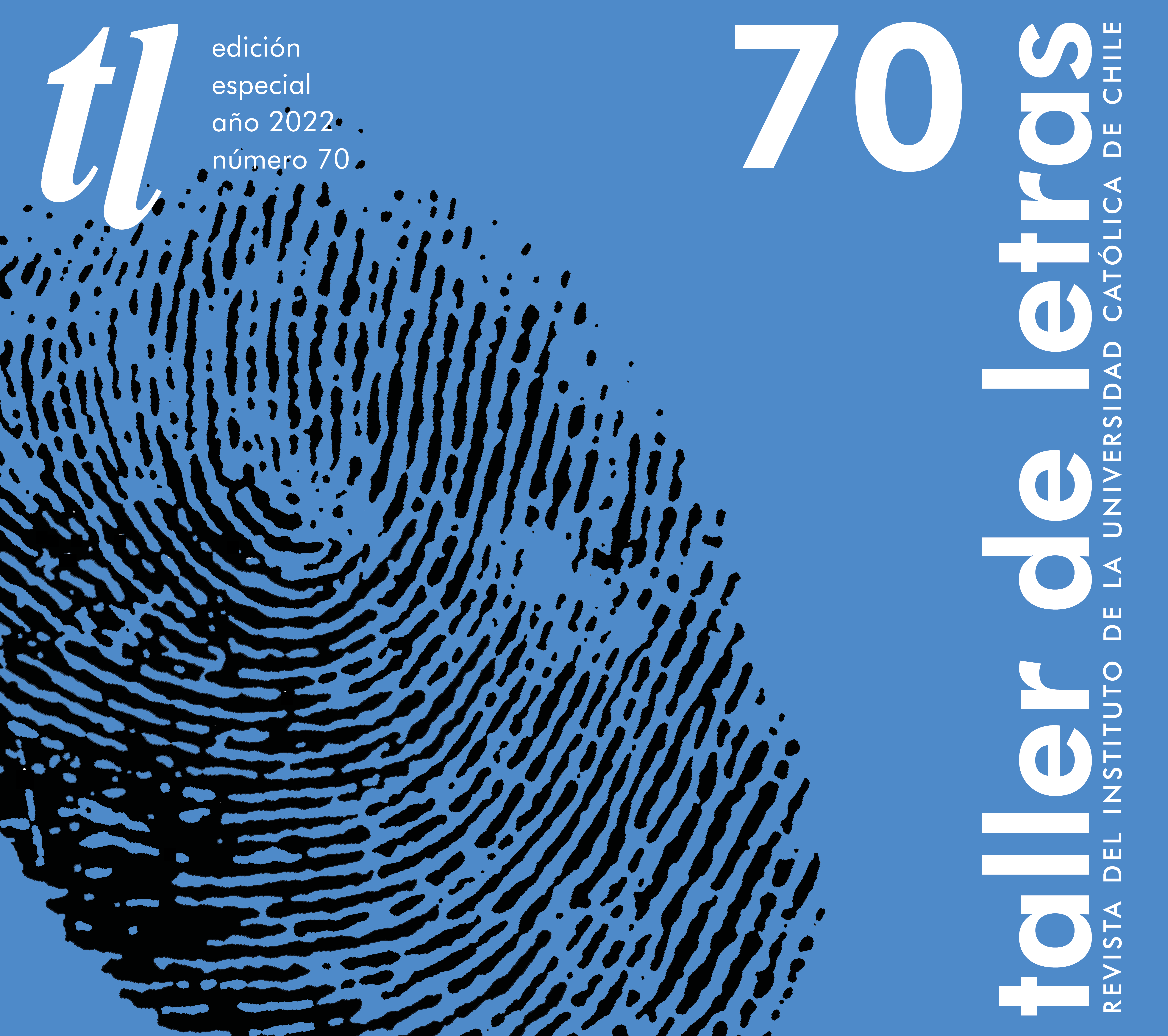Orientalism of second degree in Rubén Darío. Sensorial imaginaries, synesthetic regimes and the “domestic sublime” in Azul…
Main Article Content
Abstract
In this article I propose another approach to the genealogy of Rubén Darío’s poetic renovation referred to the things and affects that circulate in Azul… I do so by analyzing the ways in which he incorporates into the aesthetic language of this book what I call orientalism of the “second degree” (Roberto Schwarz), an ideology peripherally consumed by the Chilean oligarchies at the end of the 19th century. In dialogue with the metropolitan orientalism of Edmond de Goncourt, I suggest the idea of “domestic sublime” to distinguish the emerging valuation of an artistic work located between the craftwork and the manufacture—valuation certainly shared by Darío. I also comment on the literary operations, based on sensory imaginaries and synesthetic regimes, that turn oriental things into aesthetic tropes and ethical entities with which Dario’s narrators distinguish accumulation “for the luxury of it” from the judgement of the true artist.
Downloads
Article Details

This work is licensed under a Creative Commons Attribution-NonCommercial-ShareAlike 4.0 International License.

